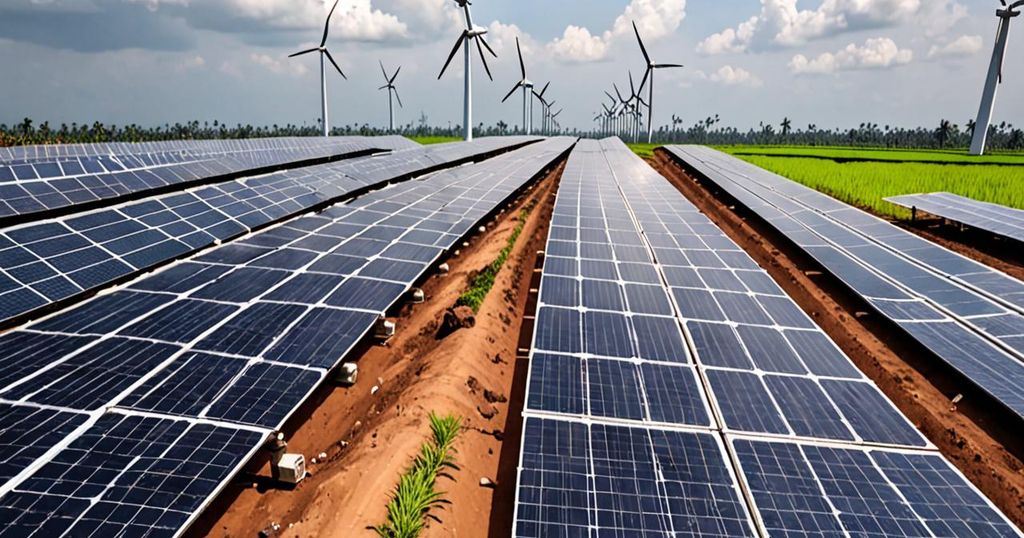Indonesia has achieved significant progress in its endeavor to transition towards cleaner and more sustainable energy sources. The country’s Just Energy Transition Partnership (JETP), a $20 billion climate finance deal initiated by Indonesian President Joko Widodo with the support of nations such as the United States, was established to assist Indonesia in moving away from coal-based power generation. The primary objective of this partnership is to facilitate Indonesia’s embrace of a carbon-free energy system and strengthen the nation’s domestic renewable technology industry. Notwithstanding these ambitious initiatives, Indonesia still faces a critical challenge that poses a substantial threat to its energy transition: fossil fuel subsidies.
In late 2023, the Indonesian government unveiled a draft implementation plan, known as the Comprehensive Investment and Policy Plan (CIPP), to delineate its approach in leveraging the support provided by the JETP. The CIPP outlines three fundamental targets for Indonesia’s electricity sector, including capping power sector emissions at 250 megatons of CO2 by 2030, achieving a 44 percent share of renewable energy generation by the same year, and ultimately attaining net zero emissions in the power sector by 2050.
While these targets demonstrate a commendable dedication to reducing carbon emissions and embracing renewable energy, the issue of fossil fuel subsidies casts a long shadow over Indonesia’s energy transition. The nation’s heavy reliance on subsidies for fossil fuels presents a significant challenge, as it undermines efforts to promote the adoption of cleaner energy alternatives and impedes progress towards achieving carbon neutrality. Fossil fuel subsidies have perpetuated the dominance of coal in Indonesia’s energy mix, hindering the growth of renewable energy sources and impeding the development of a more sustainable and eco-friendly power sector.
Effectively addressing the issue of fossil fuel subsidies is imperative for Indonesia to advance its energy transition agenda. To surmount this obstacle, the government must implement comprehensive policies aimed at gradually phasing out these subsidies, while simultaneously incentivizing and promoting the adoption of renewable energy technologies. This approach would not only contribute to a reduction in carbon emissions but also bolster the growth of the renewable energy sector, generating economic opportunities and fostering innovation in sustainable energy technologies.
Furthermore, Indonesia should seek to leverage international partnerships and enlist support from global organizations with expertise in energy transition and sustainability. By collaborating with established entities and drawing upon their knowledge and resources, Indonesia can gain valuable insights and guidance in formulating robust strategies to address the challenge of fossil fuel subsidies, while expediting its transition towards cleaner and more sustainable energy solutions.
The path to achieving a successful energy transition is fraught with challenges. Nevertheless, with concerted efforts and strategic interventions, Indonesia has the potential to overcome these obstacles and emerge as a leader in sustainable energy development. By directly confronting the issue of fossil fuel subsidies and pursuing proactive measures to promote the adoption of renewable energy, Indonesia can chart the course for a greener, more resilient energy future for the nation and the global community.

Leave a Reply